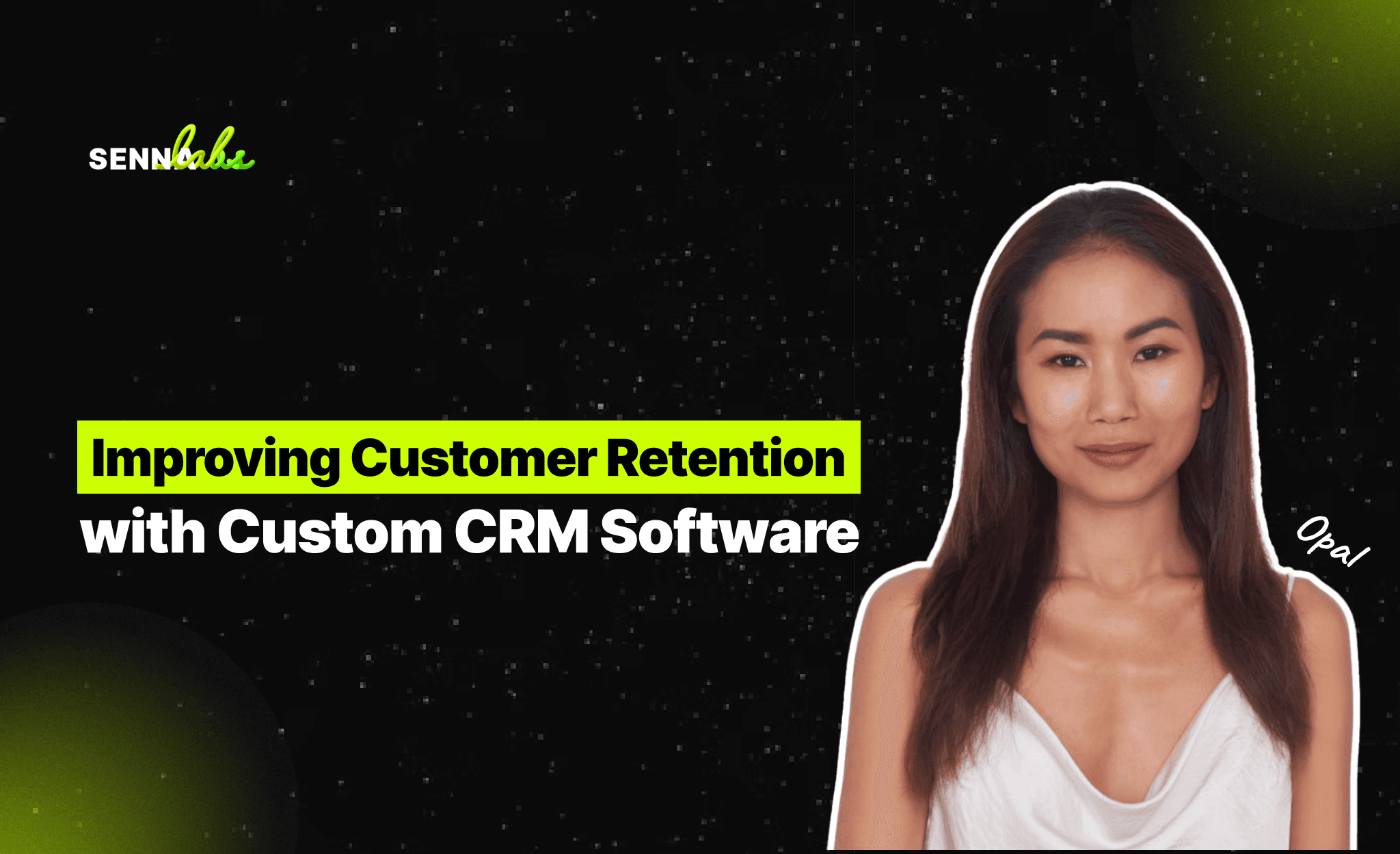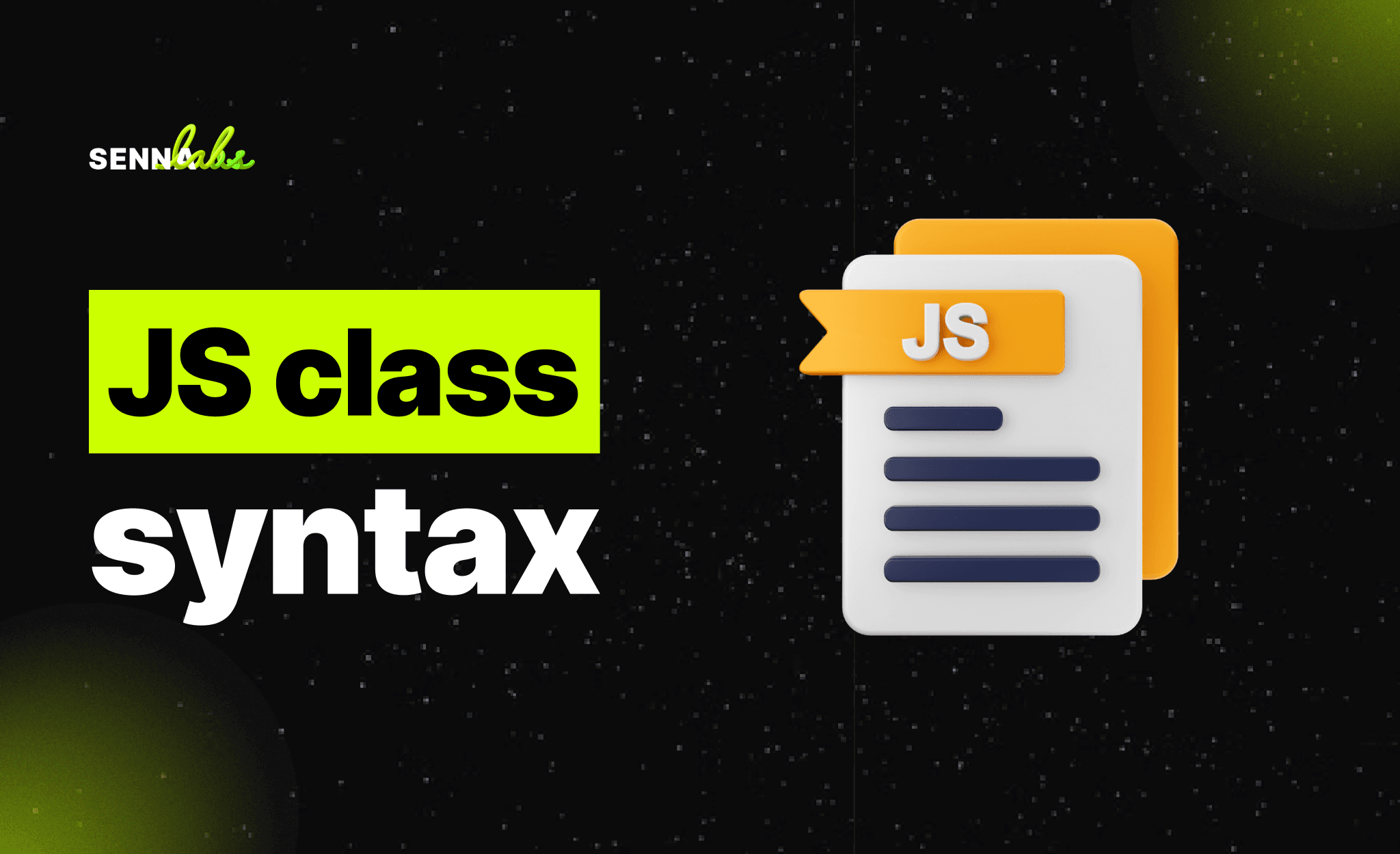Improving Customer Retention with Custom CRM Software
Share

For any business, acquiring new customers is important, but retaining existing customers is even more critical to long-term success. Studies show that increasing customer retention by just 5% can boost profits by 25% to 95%.
Customer Relationship Management (CRM) software plays a crucial role in enhancing customer engagement, improving satisfaction, and encouraging long-term loyalty. While many businesses rely on off-the-shelf CRM solutions, these often lack the flexibility needed to cater to unique business needs and customer behaviors.
A custom CRM solution allows businesses to personalize interactions, automate engagement strategies, and streamline operations, ultimately leading to higher customer retention.
This article explores how custom CRM software enhances customer retention and presents a real-world use case of a fitness center that successfully implemented a personalized CRM system to boost membership renewals and engagement.

Why Customer Retention is Critical for Business Success
Before diving into CRM solutions, it’s important to understand why customer retention should be a top priority for businesses.
The Cost of Losing Customers
-
Acquiring a new customer is 5-7 times more expensive than retaining an existing one.
-
Loyal customers are more likely to recommend your business, generating free word-of-mouth marketing.
-
Returning customers spend 67% more than new customers.
How CRM Software Helps Improve Retention
CRM software organizes customer data and helps businesses:
-
Understand customer behavior and preferences.
-
Automate personalized engagement strategies.
-
Streamline communication and follow-ups.
-
Track and analyze retention rates.
With custom CRM software, businesses can go beyond basic data tracking and design tailored customer engagement strategies that drive loyalty.
Key Benefits of Custom CRM Software for Customer Retention
1. Personalized Customer Engagement
A custom CRM system allows businesses to track customer preferences, behaviors, and interactions. This data can be used to:
-
Send personalized recommendations based on purchase history.
-
Offer loyalty rewards and incentives to repeat customers.
-
Automate targeted promotions to keep customers engaged.
2. Automated Follow-Ups and Reminders
Many customers leave a business simply because they forget about it. CRM software can:
-
Send automated email and SMS reminders for renewals, appointments, or upcoming events.
-
Trigger re-engagement campaigns when a customer hasn’t made a purchase or visited recently.
3. Enhanced Customer Support and Service
A well-designed CRM system ensures that customer interactions are handled efficiently. It provides:
-
Instant access to past customer interactions so that staff can personalize responses.
-
Faster resolution of complaints by streamlining support requests.
-
Automated ticketing systems to track and resolve customer issues quickly.
4. Loyalty and Rewards Program Integration
A CRM can integrate a points-based rewards program that encourages repeat purchases. This can include:
-
Exclusive discounts for returning customers.
-
Referral programs that reward loyal customers.
-
Milestone-based rewards (e.g., a free service after 10 visits).
5. Data-Driven Decision Making
With custom analytics dashboards, businesses can:
-
Identify trends in customer behavior.
-
Analyze which engagement strategies are most effective.
-
Refine retention strategies based on data insights.
Use Case: Personalized Customer Engagement for a Fitness Center
The Challenge
A local fitness center was struggling with high membership churn rates. The gym noticed that:
-
Many members failed to renew memberships after the first few months.
-
Customers who signed up for gym access rarely attended classes or engaged with trainers.
-
The gym’s staff had no system to track customer attendance or engagement, making it difficult to follow up with inactive members.
The Solution: Implementing a Custom CRM System
To tackle these issues, the gym developed a custom CRM system designed to:
-
Automate Membership Renewals – Members received personalized renewal reminders via email and SMS before their membership expired.
-
Track Attendance and Workout Preferences – The system monitored gym visits and flagged members with low attendance.
-
Send Personalized Workout Recommendations – Members received custom workout plans based on their fitness goals and attendance history.
-
Offer Targeted Incentives for Engagement – Customers who completed a certain number of workouts received discounts, free classes, or personal training sessions.
The Results
-
Membership renewals increased by 45% due to automated reminders and personalized outreach.
-
Customer engagement improved by 50%, as members participated in suggested workouts and fitness programs.
-
Customer satisfaction ratings increased, with members appreciating the personalized fitness recommendations.
-
Churn rates dropped, as the gym could re-engage members before they became inactive.
This case study highlights how a custom CRM system transformed customer retention strategies, resulting in increased revenue and improved customer loyalty.
How to Develop a Custom CRM System for Your Business
If you’re considering custom CRM software for your business, follow these key steps:
1. Define Your Business Needs
Ask yourself:
-
What customer data needs to be tracked?
-
How will the CRM help with engagement and retention?
-
What automation features will improve communication?
2. Choose Key Features to Include
Some essential features to consider:
-
Customer profiles with interaction history
-
Automated reminders for renewals, payments, or appointments
-
AI-driven recommendations based on past behavior
-
Multi-channel communication (email, SMS, in-app notifications)
-
Performance analytics and reporting dashboards
3. Decide on Development Approach
-
In-house development – Requires a skilled IT team but offers full customization.
-
Outsourcing to a CRM developer – Ensures professional design and integration.
-
Using low-code/no-code platforms – A cost-effective option for small businesses.
4. Ensure Mobile and Cloud Accessibility
A CRM should be accessible from any device, allowing staff to check customer data in real time, whether they’re on-site or working remotely.
5. Test and Optimize for User Experience
Before full deployment, test the CRM with a small group of users, gather feedback, and make necessary improvements.
Final Thoughts
For small businesses looking to improve customer retention and engagement, custom CRM software is an essential tool. Unlike off-the-shelf solutions, a custom CRM is designed specifically for your business, offering greater flexibility, automation, and personalization.
The fitness center case study demonstrates how an organization can use personalized engagement, automation, and data tracking to increase customer retention significantly.
If your business struggles with high customer churn rates or lack of engagement, investing in a custom CRM solution can help drive loyalty, long-term customer relationships, and revenue growth.

Share

Keep me postedto follow product news, latest in technology, solutions, and updates
Related articles
Explore all


